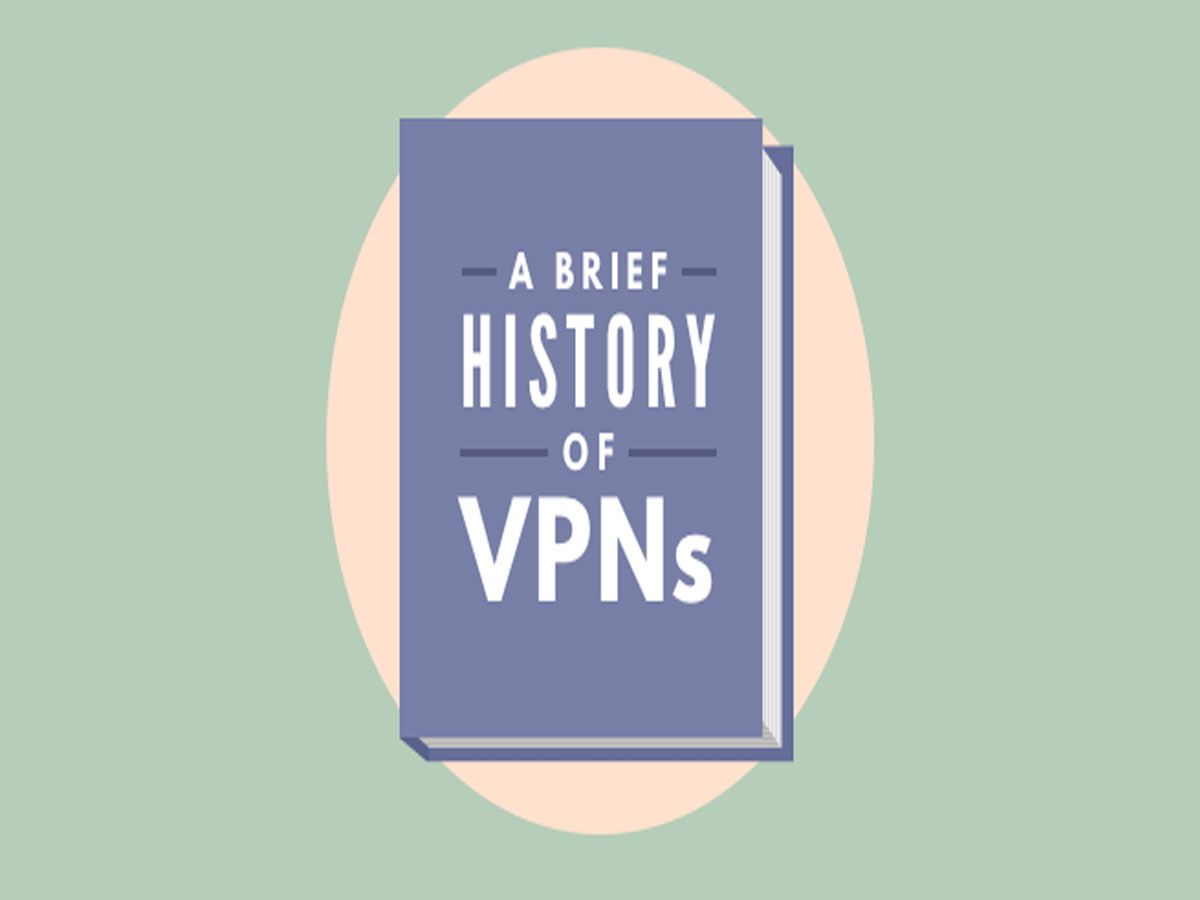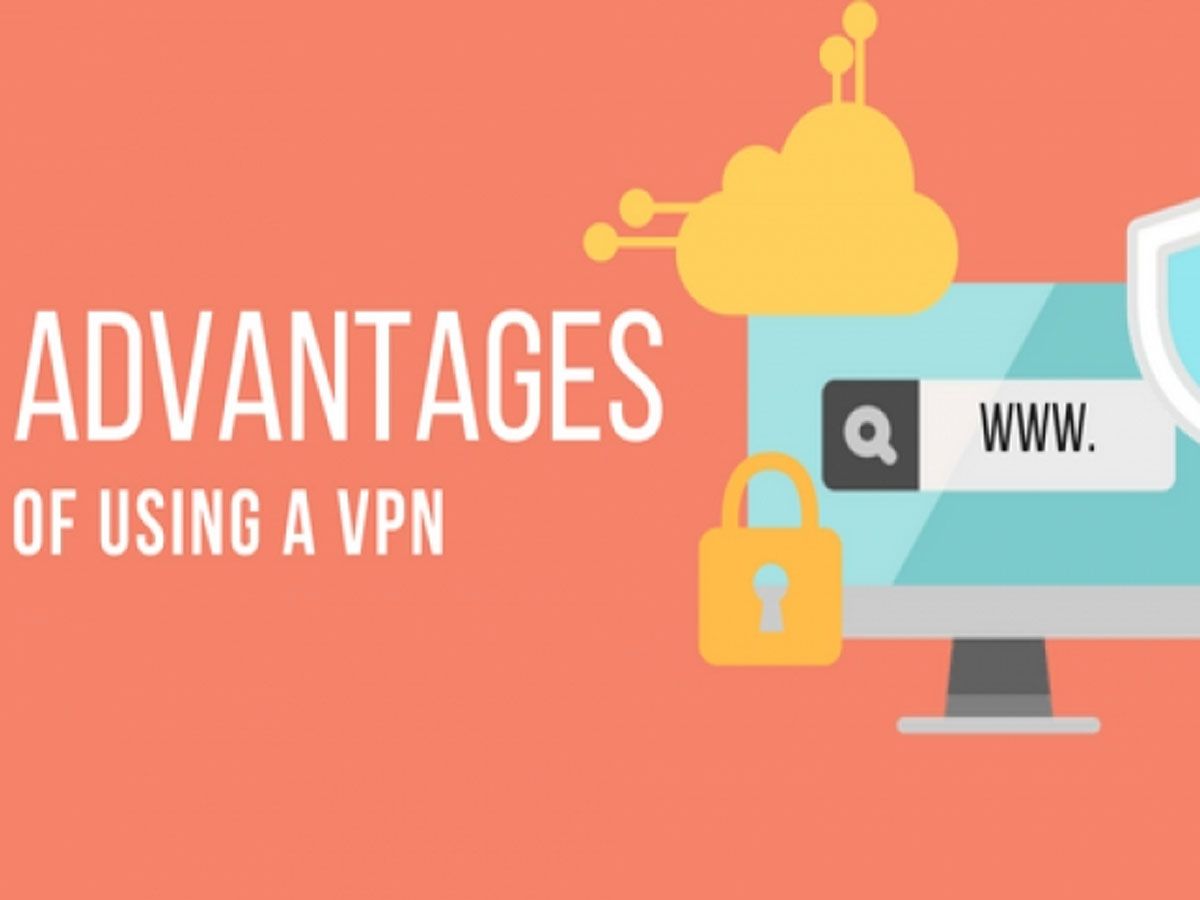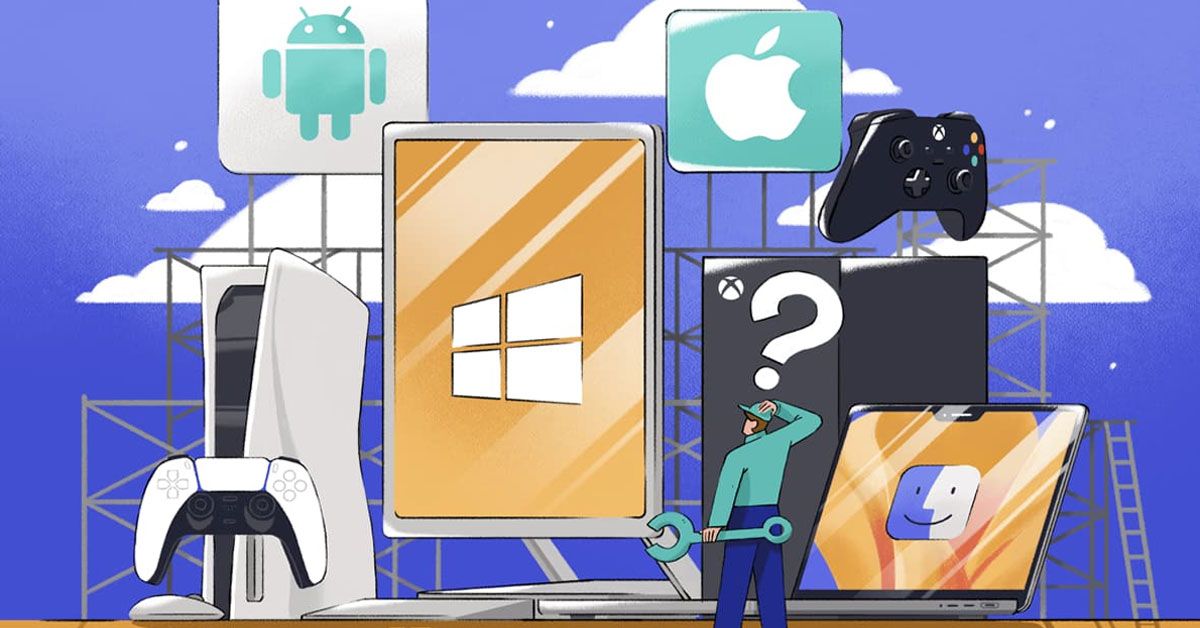Nowadays, privacy and security are of utmost importance, which is why VPNs have become such an indispensable technology for Internet users. VPN stands for Virtual Private Network, and this technology creates a safe and encrypted internet connection, enabling a safe browsing experience with anonymity. As a result, their popularity continues to increase among individuals as well as businesses that prioritize protecting themselves online.
VPNs work by routing users' internet traffic through a remote server located somewhere else, thus hiding their IP address and location from internet service providers and potential attackers. This enables users to gain access to websites or online services unavailable within their region due to government restrictions or other reasons.
This article delves into the multifaceted world of VPNs, encompassing their importance, advantages, and disadvantages. We'll scrutinize the mechanics of VPNs, the diverse categories of VPNs, and what to remember when selecting a VPN provider. Additionally, we will provide some tips on how to use VPNs safely and effectively.
How VPNs Work?
VPNs work by creating an encrypted virtual tunnel between your device and the internet, protecting all information sent or received from prying eyes such as hackers or government agencies.

An integral feature of VPN usage is hiding your IP address. By connecting to a server located elsewhere on the internet, your online activity appears as though you are browsing from that server instead of from home, making it much harder for websites and advertisers to track your online activities and location.
Encryption of data is another critical aspect of VPN technology. VPNs use various encryption protocols to ensure that all data transmitted through the virtual tunnel is scrambled and unreadable to unauthorized parties. This protects your personal information and browsing history from being intercepted or stolen by cybercriminals.
Location spoofing is another valuable feature of VPNs. By connecting to a server located in another country, it becomes apparent as though you are browsing from there instead of where you actually reside, an excellent way of accessing content unavailable in your country or bypassing geo-restrictions and censorship restrictions.
Utilizing a VPN is an excellent way to keep your online activities safe when accessing public Wi-Fi networks that hackers target. A VPN protects against identity theft, fraud, and malware by encrypting data and routing traffic through secure servers.
History of VPNs

Since the dawn of the internet, VPNs have existed as secure data transfer solutions. In the 1960s, the United States Department of Defense created ARPANET, one of the earliest packet-switching networks using TCP/IP protocol that served initially military communication but later expanded to universities and research institutions. But as the internet expanded further still, private and secure data transfer became an urgent need.
Initial VPN technology first emerged in the 1990s with the development of the PPTP protocol, enabling remote access to corporate networks over the internet. Later, L2TP/IPsec and OpenVPN protocols were created which provided more secure and reliable VPN connections.
As internet use increased, so did consumer demand for security systems tailored specifically for users leading to the advent of VPN services. VPNs enable users to securely connect to remote servers and use the web via encrypted connections providing privacy from prying eyes while browsing online. Today VPNs play an essential role in providing safe browsing experiences.
Types of VPNs
There are various types of VPNs designed to meet individual and corporate needs. SSL VPNs (also referred to as clientless VPNs) are popularly utilized by businesses as they allow remote access to corporate resources without needing software installation on any given user device, rather running within their web browser makes these VPNs accessible from any internet-enabled device with access to an internet connection and web browser.
Site-to-site VPNs connect two or more networks securely over the internet, making them popular with companies with multiple offices allowing them to share resources and data securely across locations.
Client-to-server VPNs (or remote access VPNs) are designed for individual users who require remote access to an organization's network, such as remote workers who require secure connections in order to gain access to files, applications, or resources within their organization. These VPNs often include advanced security measures.
Each type of VPN offers specific advantages and drawbacks. Selecting one depends on an individual or organization's individual requirements and needs.
Advantages of VPNs

VPNs offer many advantages that have made them an indispensable tool for millions of users globally. VPNs provide numerous protections for online privacy and data, including their ability to shield online activity from hackers, government surveillance, and cybercriminals, giving users peace of mind that their online activity remains private and safe. With a VPN in place, users can have peace of mind knowing their activity remains private and safe online.
Another advantage of VPNs is universal access to company resources. VPNs allow remote workers to securely access company resources such as files, applications, and databases. This enables employees to work from anywhere in the world, increasing productivity and efficiency.
VPNs also prevent Internet Service Providers (ISPs) and third-party trackers from monitoring online activity. ISPs often track user data to sell to third-party advertisers or use it to throttle internet speeds. With a VPN, users can prevent such tracking and ensure that their internet speeds remain fast and reliable.
Lastly, VPNs offer location spoofing, allowing users to access restricted content that might otherwise be restricted. By connecting to a server located in a different country, users can bypass geographical restrictions and access content that might be unavailable in their location. This can be particularly useful for streaming services, online gaming, and accessing geo-restricted websites.
VPN providers typically provide additional features to enhance security and privacy for their users beyond simply hiding IP addresses and encrypting data, including kill switches to protect privacy in case a VPN connection fails. When activated, kill switches will cut off internet access until VPN connectivity has been reestablished, preventing data from being sent over an unprotected network.
Limitations of VPNs
Although VPNs have numerous advantages, it's crucial to understand their limitations. One important aspect is that VPNs do not protect against malware and viruses. They are mainly focused on securing your data during transmission and providing anonymity. So, if your device is already infected with malware or a virus, the VPN will not be able to offer any protection against it.
Another limitation of VPNs is their dependence on the provider's data usage and storage policies. Therefore, it's important to be careful when choosing a VPN provider, as some may keep records of your user data, which could risk your privacy and security.
It's crucial to carefully research VPN providers to ensure that they have strict no-logging policies and do not store any user data. It's also important to look for providers that offer unlimited data usage so you don't have to worry about hitting a cap or being charged extra fees. By being aware of these limitations and doing your due diligence when selecting a VPN provider, you can mitigate the risks and fully enjoy the benefits of a VPN.
How to Choose a VPN Provider?
Selecting a reliable VPN provider can seem overwhelming, but it's essential to prioritize your online privacy and security by choosing a trustworthy provider. When choosing a VPN provider, consider the provider's reputation, privacy policy, encryption protocols, and server locations. Reading online reviews from other users can also provide valuable insights into the quality of service offered by a particular VPN provider.
While free VPNs may be enticing, it is important to note that they may come with significant drawbacks, such as limited bandwidth and slower speeds. In contrast, professional VPN providers usually offer better security features, higher speeds, and more server locations. They may also provide customer support, which can be beneficial in case you encounter any issues while using the VPN.
Setting up a VPN connection on your smartphone is a straightforward process. Most VPN providers have dedicated apps for both Android and iOS devices that you can download from the respective app stores. Some VPN providers also offer advanced setup options, such as manual configuration of VPN settings on your device, which can be useful if you want more control over the connection.
A VPN can help you bypass state censorship and access geo-restricted content on platforms like Netflix, Disney Plus, and Hulu. However, it is not a magic solution that can make you completely invulnerable to cyber threats. Therefore, it is important to evaluate your security needs and choose a reputable VPN provider that is transparent about its data policies and security measures.
In today's increasingly digital world, the need for secure and private online communication is more critical than ever. VPNs offer a way for individuals and businesses to protect themselves from prying eyes, prevent tracking, and access restricted content. By understanding how VPNs work and choosing a reliable provider, individuals, and businesses can enjoy the benefits of online security and privacy. So, stay safe, stay private, and use a VPN.












